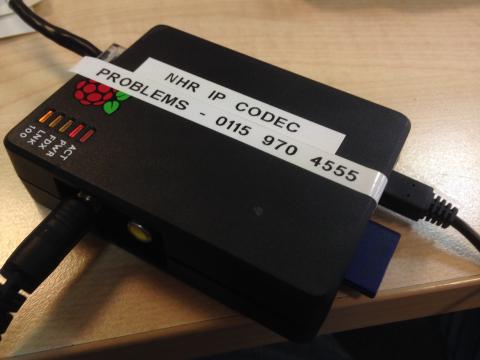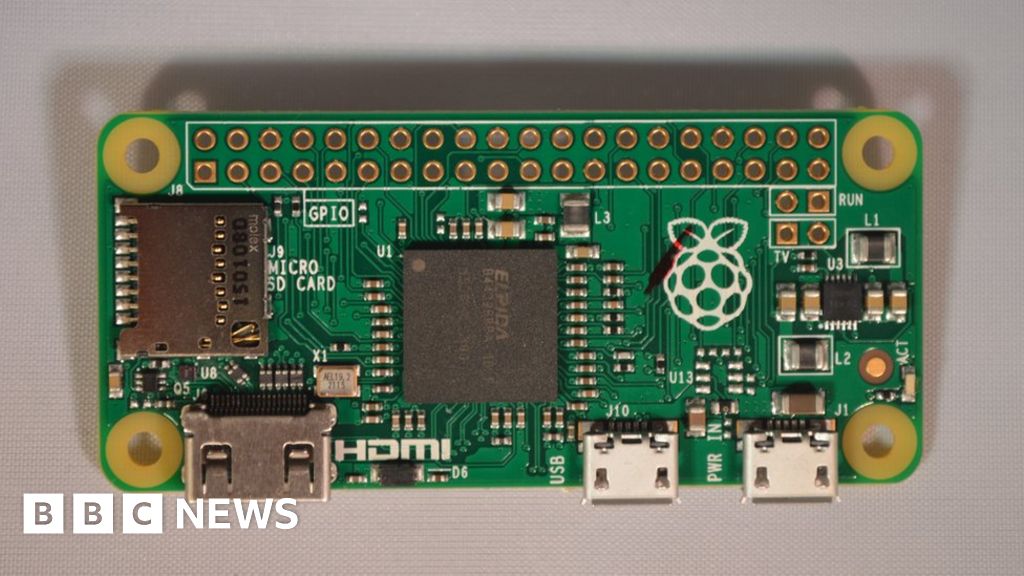
- HOW LONG TO GET RASPBERRY PI CODECS INSTALL
- HOW LONG TO GET RASPBERRY PI CODECS 64 BIT
- HOW LONG TO GET RASPBERRY PI CODECS DRIVERS
HOW LONG TO GET RASPBERRY PI CODECS INSTALL
This requires installing a driver from the NVIDIA website, Downloading and install the CUDA toolkit, downloading nv-codec-headers, and building ffmpeg.
HOW LONG TO GET RASPBERRY PI CODECS DRIVERS
NVIDIA Encoder (nvenc) #įollow the instructions on the NVIDIA ffmpeg transcoding guide to install all the required drivers and libraries. If h264_omx is in the list you should be good to go. Verify your copy of ffmpeg has omx support by looking at the ffmpeg instructions below. It will work out of the box on modern Raspberry Pi’s running a recent version of the Raspberry Pi OS operating system. OpenMAX is a unified abstraction layer that allows access to hardware that otherwise requires vendor specific APIs. VA-API is not compatible with ARM chipsets. You need the libva library installed for it to work. VA-API (video acceleration API) is a layer to support hardware accelerated encoding on linux. VA-API is supported on AMD and ATI GPUs by the libva-mesa-driver. Visit the NVIDIA GPU Support Matrix to verify your GPU is listed in the “encoder” list. Separate from the CUDA cores, NVENC run encoding workloads without slowing the execution of graphics or CUDA workloads running at the same time.Īs of July 2019 Kepler, Maxwell, Pascal, Volta and Turing generation GPUs support hardware encoding. NVIDIA GPUs ship with an on-chip hardware encoder unit often referred to as NVENC.
HOW LONG TO GET RASPBERRY PI CODECS 64 BIT
However, this seems to only be true for 32 bit operating systems on a Raspberry Pi, as omx seems to be deprecated under 64 bit environments. Raspberry Pi OS includes support for OpenMax (OMX) out of the box and includes a version of ffmpeg that is built to support it. Using that version of the Raspberry Pi operating system it’s actually quite easy to get Owncast running in a hardware accelerated fashion. Use the previous version of the OS by downloading it, unzipping it, and using the Raspberry Pi Imager to save it to your SD card for installation. Note: The most recent version of the Raspberry Pi OS has a bug with the OpenMax codec. If you have Intel integrated graphics you may be able to use it using VA-API. There’s likely a lot of information already online, so please do your research. Any questions you have about your particular hardware should be directed to your hardware manufacturer or whoever provides the drivers and libraries to utilize it.

Very little of what is required to get your hardware working has anything to do with Owncast.It simply means Owncast believes that codec to be available. Just because a specific hardware accelerated codec shows in the Owncast admin does not mean your machine is configured to support it.Most people won’t be able to take advantage of this unless you’re running your own hardware.You have a copy of ffmpeg that is version 4.1.5 or greater that is specifically built to utilize these drivers and libraries.You installed and configured any drivers and libraries needed to take advantage of your hardware.You have compatible hardware and have direct access to it.You are not running on a VPS provided to you by a hosting provider, as shared virtual servers do not allow for direct access to hardware.RequirementsĪll four of these things need to be true to support hardware accelerated encoding with Owncast. Outside of this document you are mostly on your own.

It is unlikely that any specific support can be provided to help you, as it very much depends on the hardware you have and the software, drivers and versions of libraries you have installed.


 0 kommentar(er)
0 kommentar(er)
